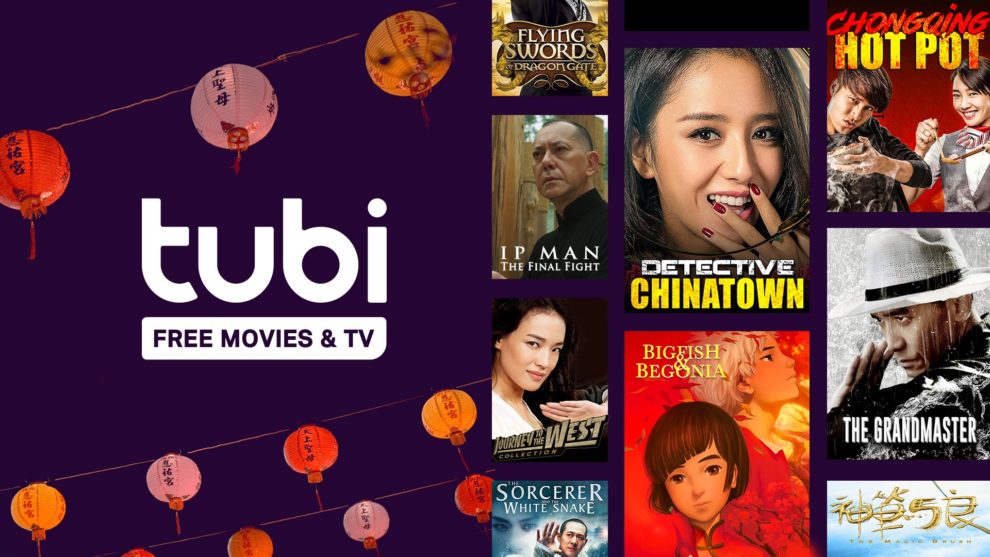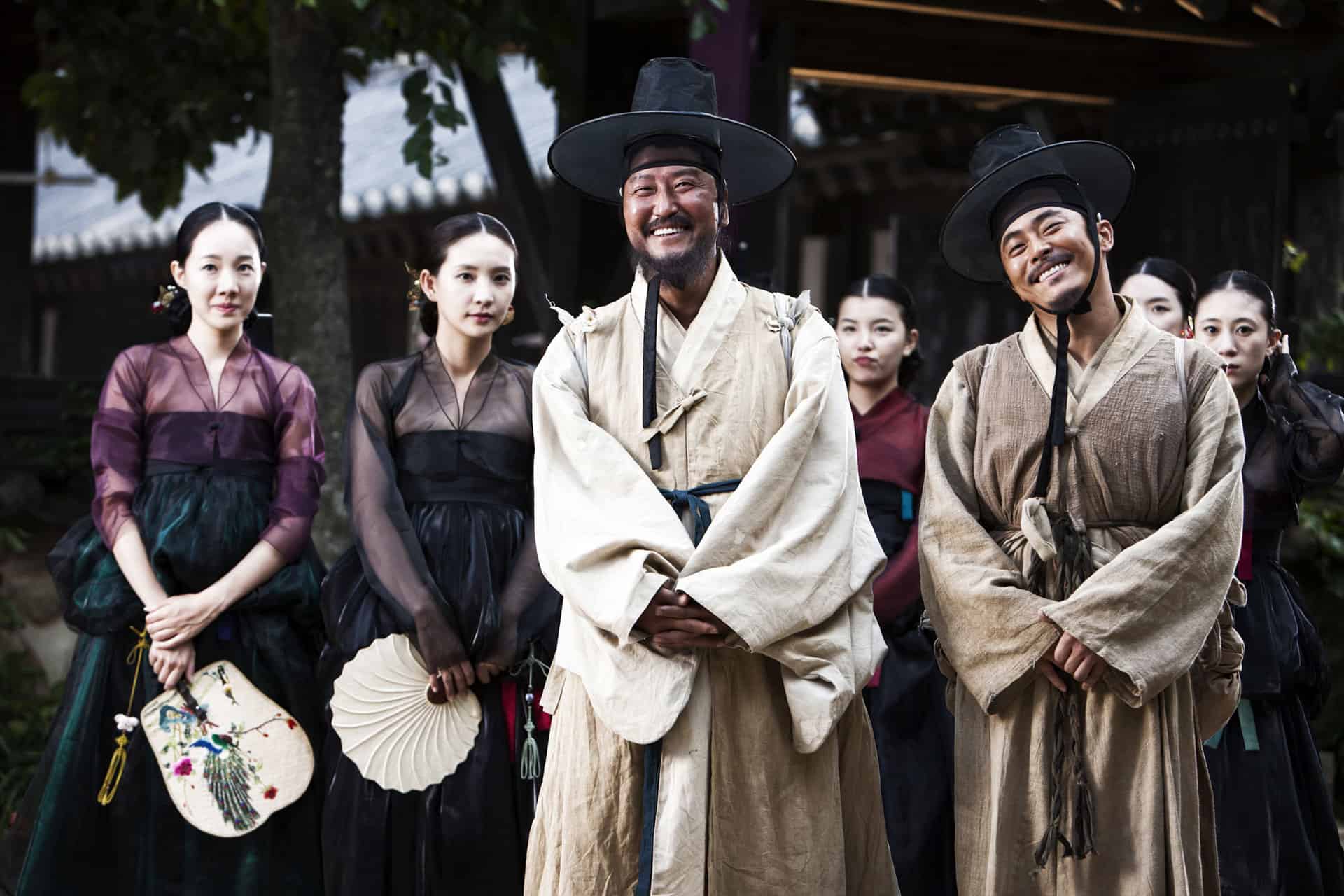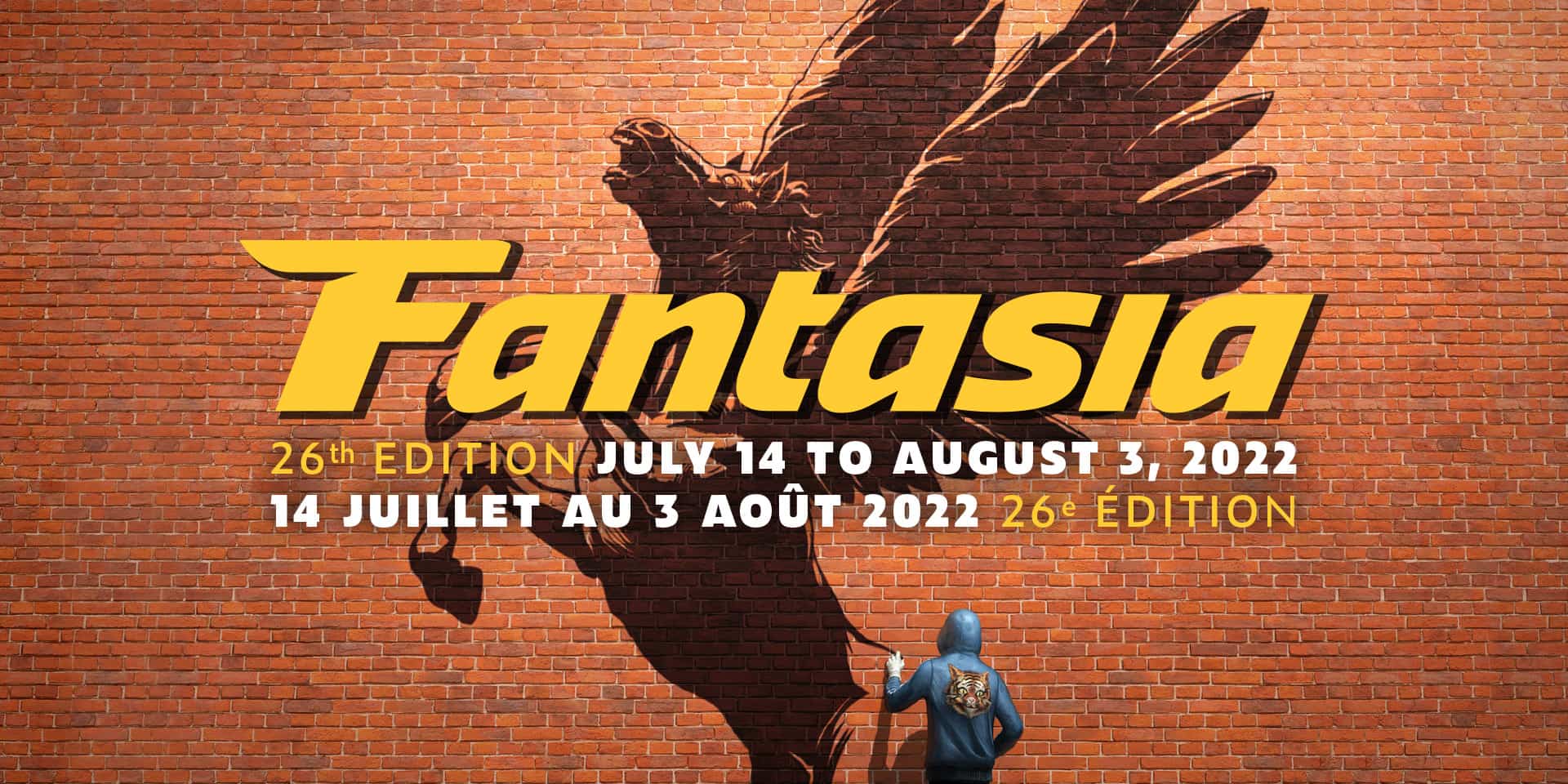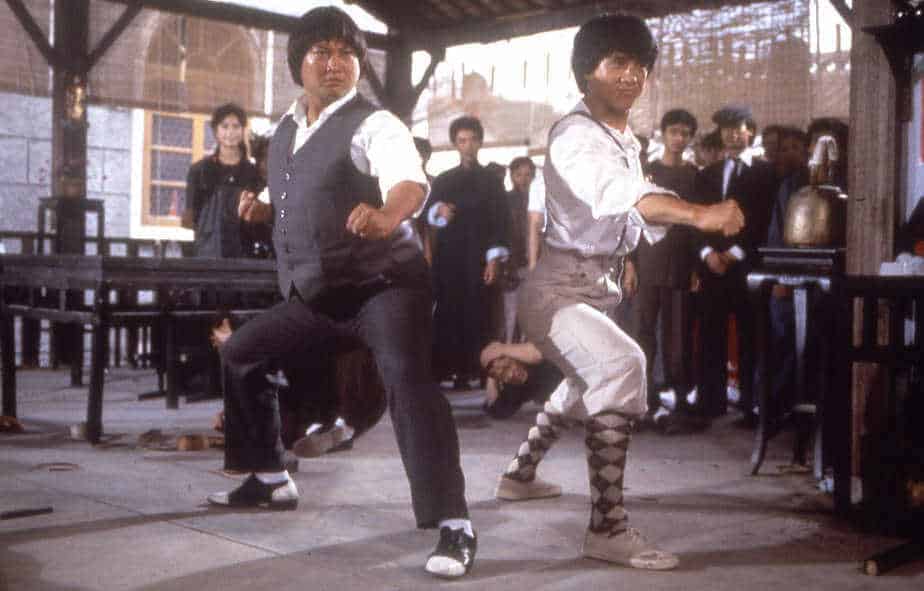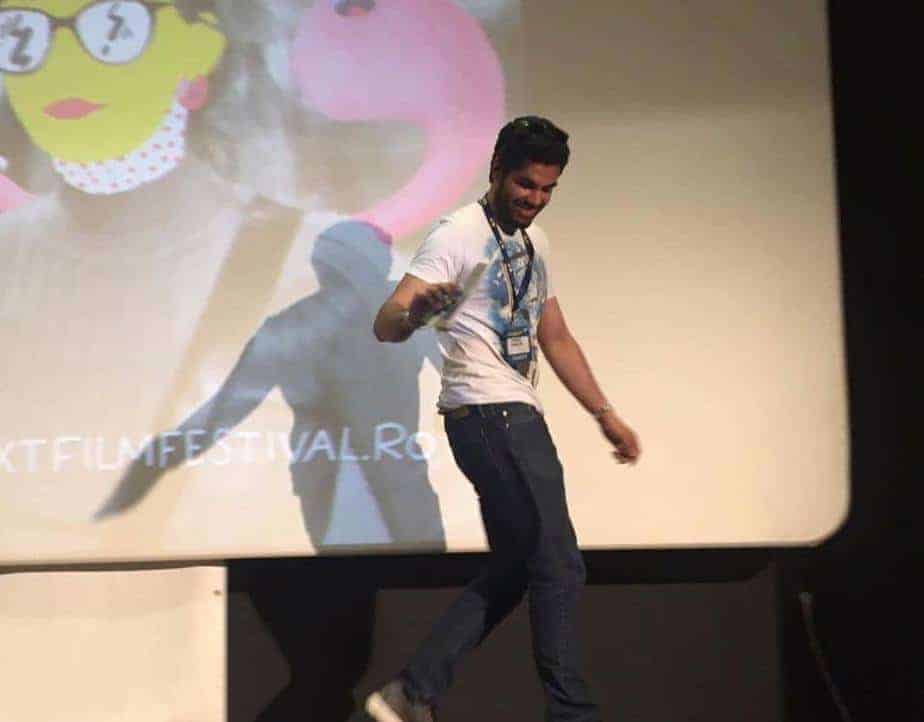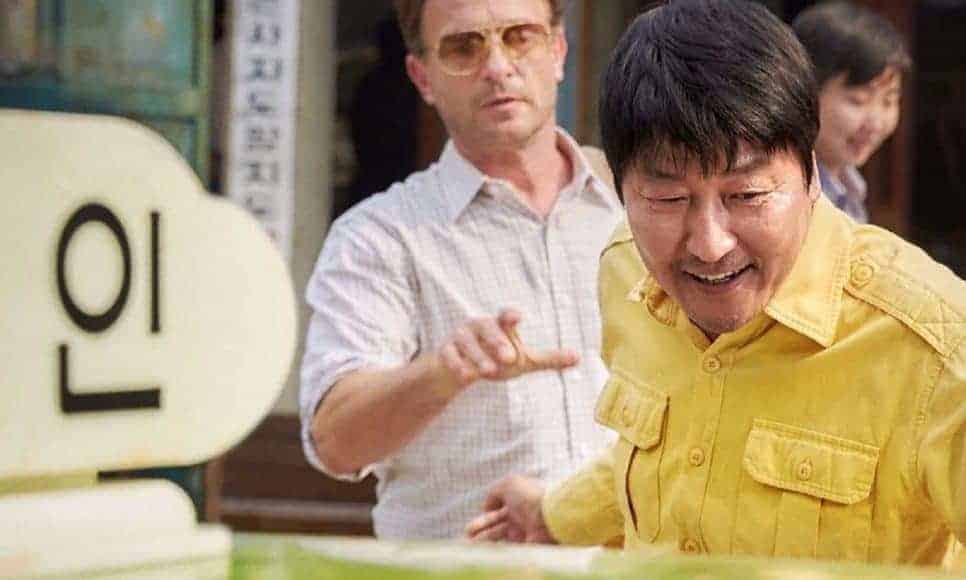FOX's free streaming service, Tubi, offers over 30,000 movies and TV shows from nearly every major studio and is available on over 25 devices including Roku, Amazon Fire TV, Comcast Xfinity, and more. The service offers free movies to residents of Canada and the USA with intermittent commercials when streaming content.
With a huge collection of foreign-language film Tubi has plenty to offer for those who want watch a movie in honor of the Lunar New Year. You can browse the their collection of foreign titles over at Tubi.tv. We have highlighted a few titles currently available below.
Ip Man: The Final Fight (2013) by Herman Yau
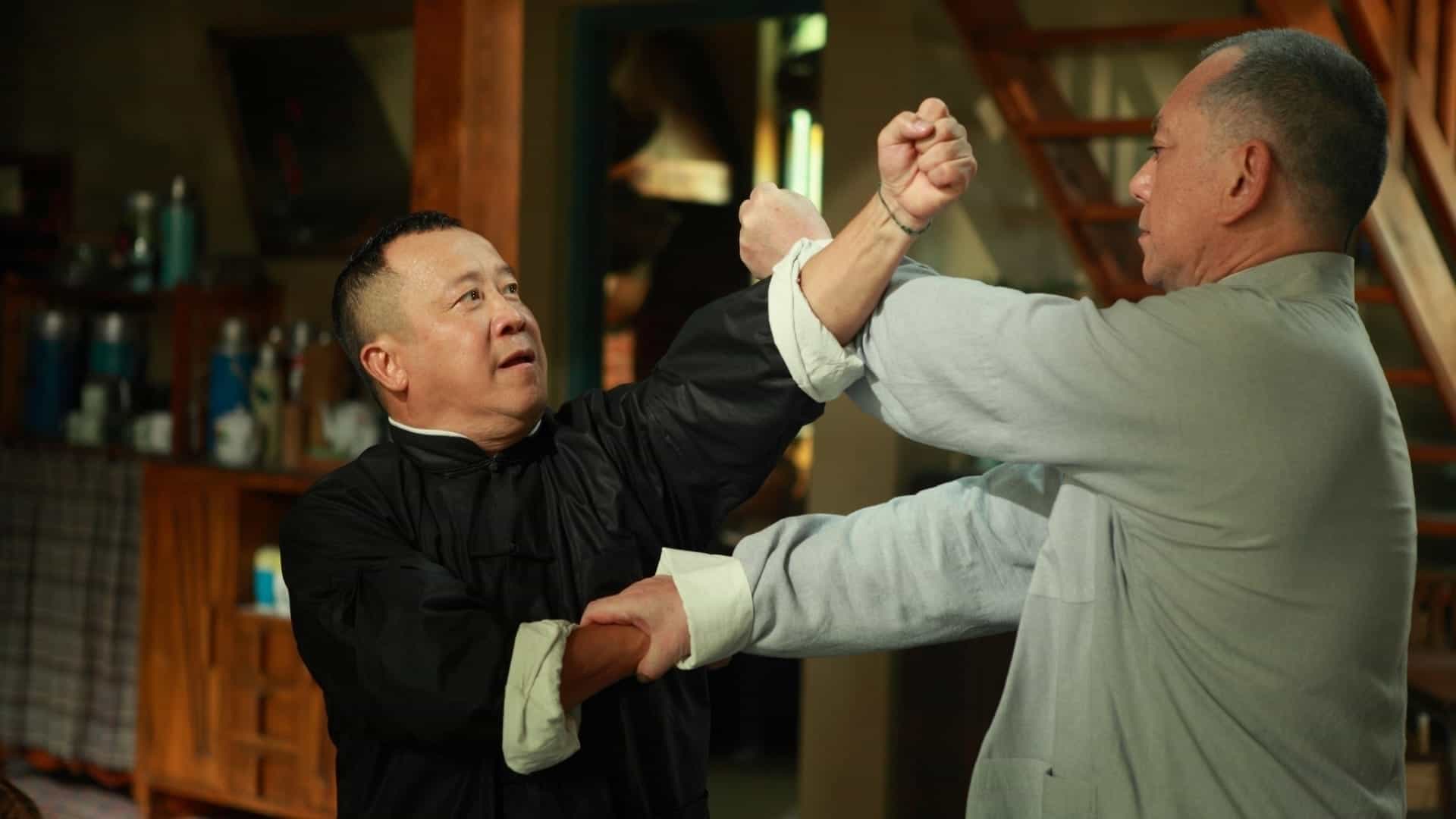
“Ip Man : The Final Fight” is a kung-fu melodrama following Ip Man's move to Hong Kong in 1949. The story is told in a series of vignettes, sketching out incidents and dramas of Ip Man's time in Hong Kong, entwined with the stories of his students. The film is spiced up with dashes of kung fu fighting, with three action set pieces fulfilling and satirizing kung-fu genre expectations. The big adrenalized finale is excellent. In between the bigger set pieces, there are smaller slices of sparring that focus in on the specific technique of Wing Chun and other schools of Chinese Martial Arts.
Eat Drink Man Woman (1994) by Ang Lee
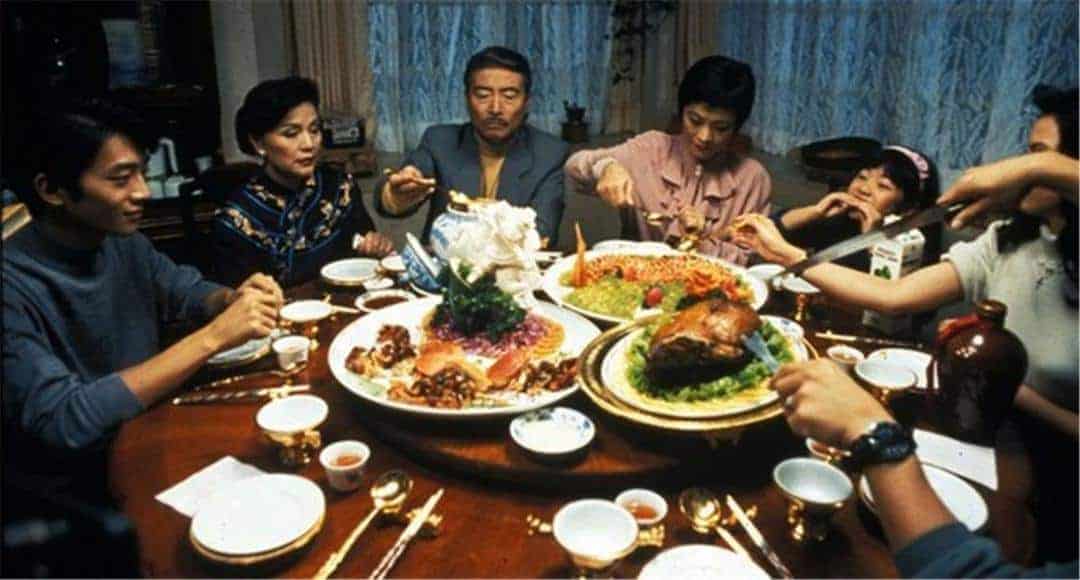
Whereas his early films such as “Pushing Hands” and “The Wedding Banquet” often touch upon the crossroads between modernity and tradition, Taiwanese filmmaker Ang Lee found himself in a similar situation with his third film. As he reflects upon the production of his 1994 “Eat Drink Man Woman”, he describes how he felt the pressure between going mainstream with his movies or making an arthouse film, especially after winning the Golden Bear at Berlin International Film Festival for “The Wedding Banquet”. Considering this situation, it seems only fitting he would make a film which would not only pick up the thematic threads of his previous ones, but which would also discuss these issues within the circle of the family, their relationships and, of course, the world of cooking.
Ilo Ilo (2013) by Anthony Chen
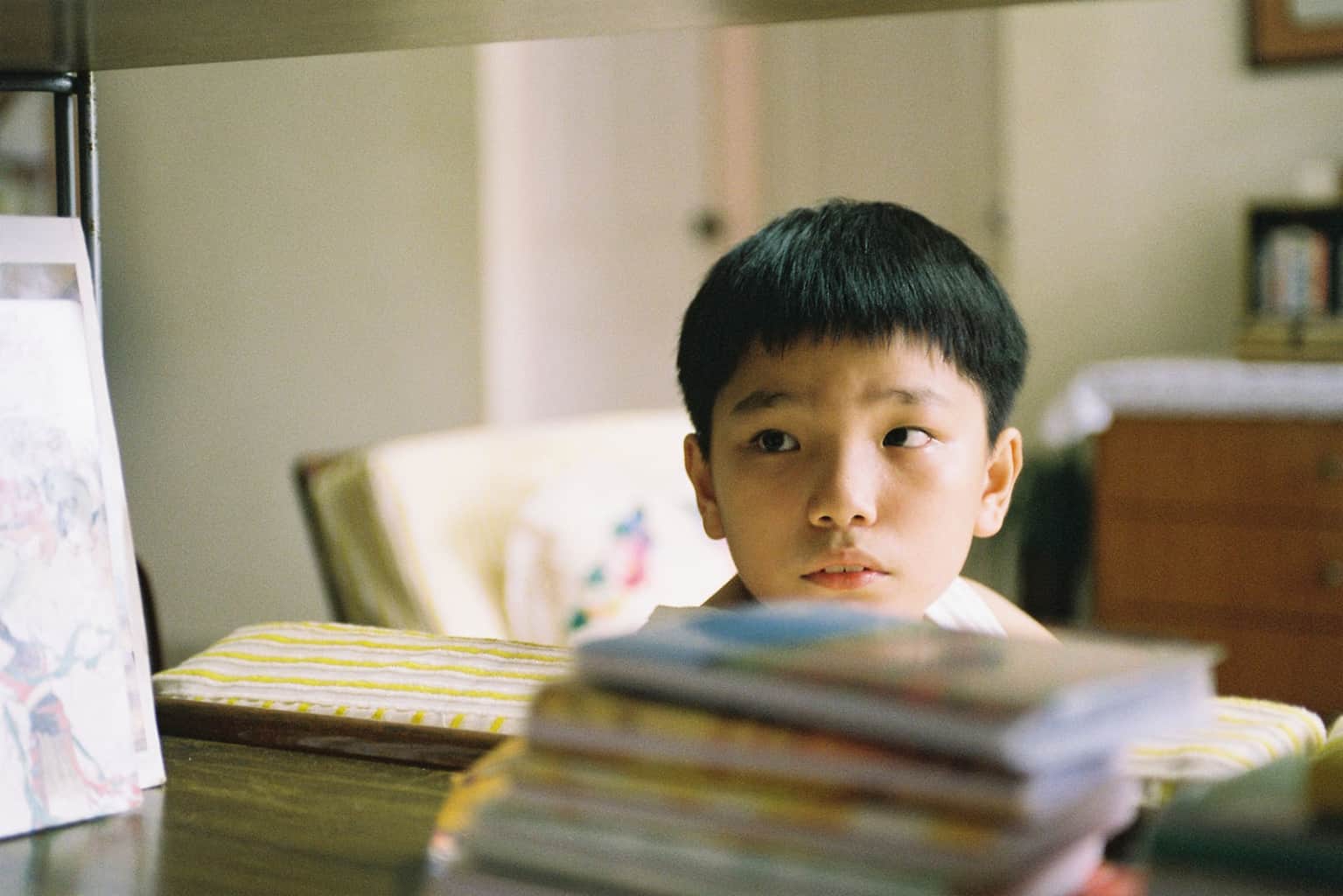
Everything slowly falls apart and deteriorates in the life of the Lim family. Anthony Chen's “Ilo Ilo”follows the characters in their trying attempt at holding on to their middle-class stature in Singapore in the time of economic crisis. The family's patriarch (Chen Tianwen) is made redundant; the mother (Yann Yann Yeo), and simultaneously the most tragic character, is few months into her pregnancy; whilst their son Jia Le (Jia Ler Koh) is a troublemaking brat who really struggles to behave in class.

Gonjiam: Haunted Asylum (2018) by Jeong Beom-sik
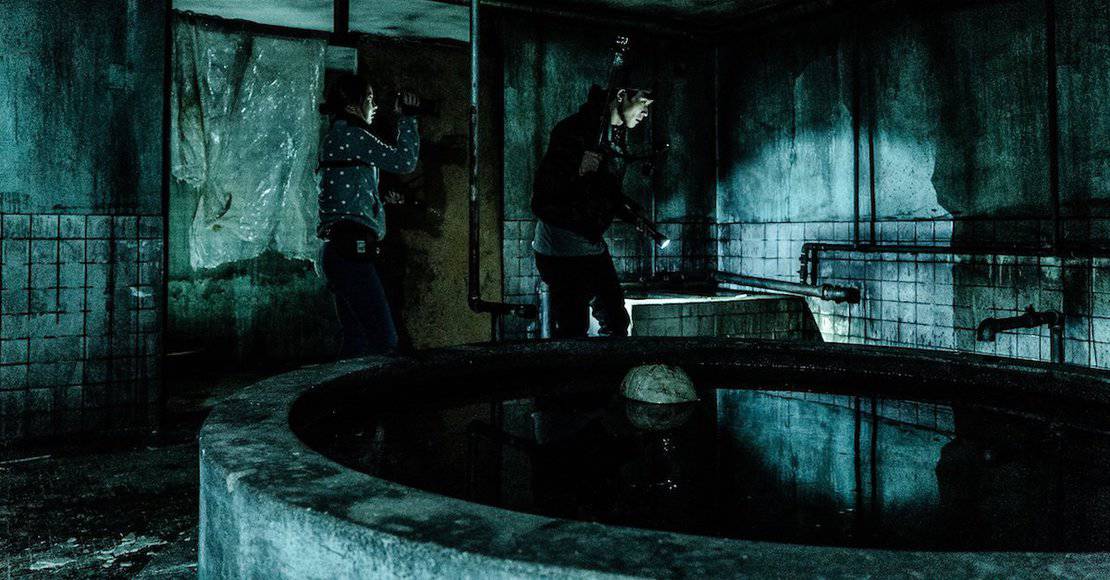
With the rise of the horror genre, one of the biggest proponents of the style was the found-footage format where a cheap and easy alternative to traditional filmmaking could be found. Regardless of the critical analysis of the style, it found favor with audiences who came out in droves to support the films in the genre, producing incentive to try the format out in various countries around the world. Having already attempted with the film ‘Wol-Ha: A Very Bad Moon Rising' the year previous, South Korea produces another film in the category, from filmmaker Jeong Beom-sik, who explores the real-life haunting of the Gonjiam asylum.
Boiling Point (1990) by Takeshi Kitano
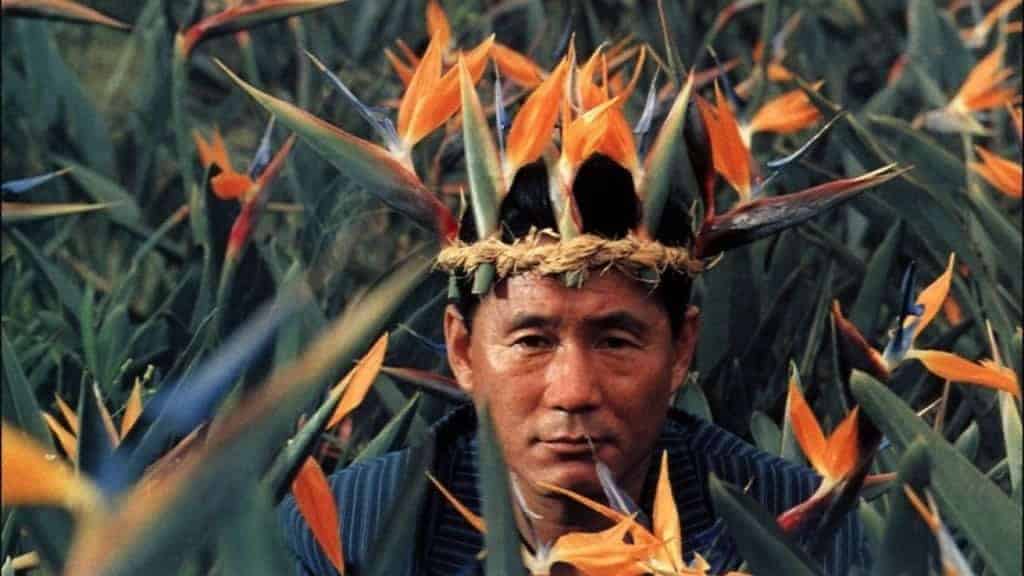
After he had given his debut as director in “Violent Cop”, Takeshi Kitano obviously found a liking to having more control over a project. His second feature film “Boiling Point” is therefore an important creative step for him as he not only acts and directs, but also wrote the script and even collaborated with Toshio Taniguchi on the editing of the final film, making this one the first “complete” Kitano film in his body of work. The outcome of his effort is a film which is very difficult to categorize, which removes itself even further from notions like genre and other formal concepts such as the idea of the protagonist. However, within the context of his body of work, “Boiling Point” sets the foundation to the overall deconstruction of these aforementioned aspects and introduces the sort of deadpan humor as well as the notion of melancholia which would become trademarks in the others works of the director.
Project A (1983) by Jackie Chan
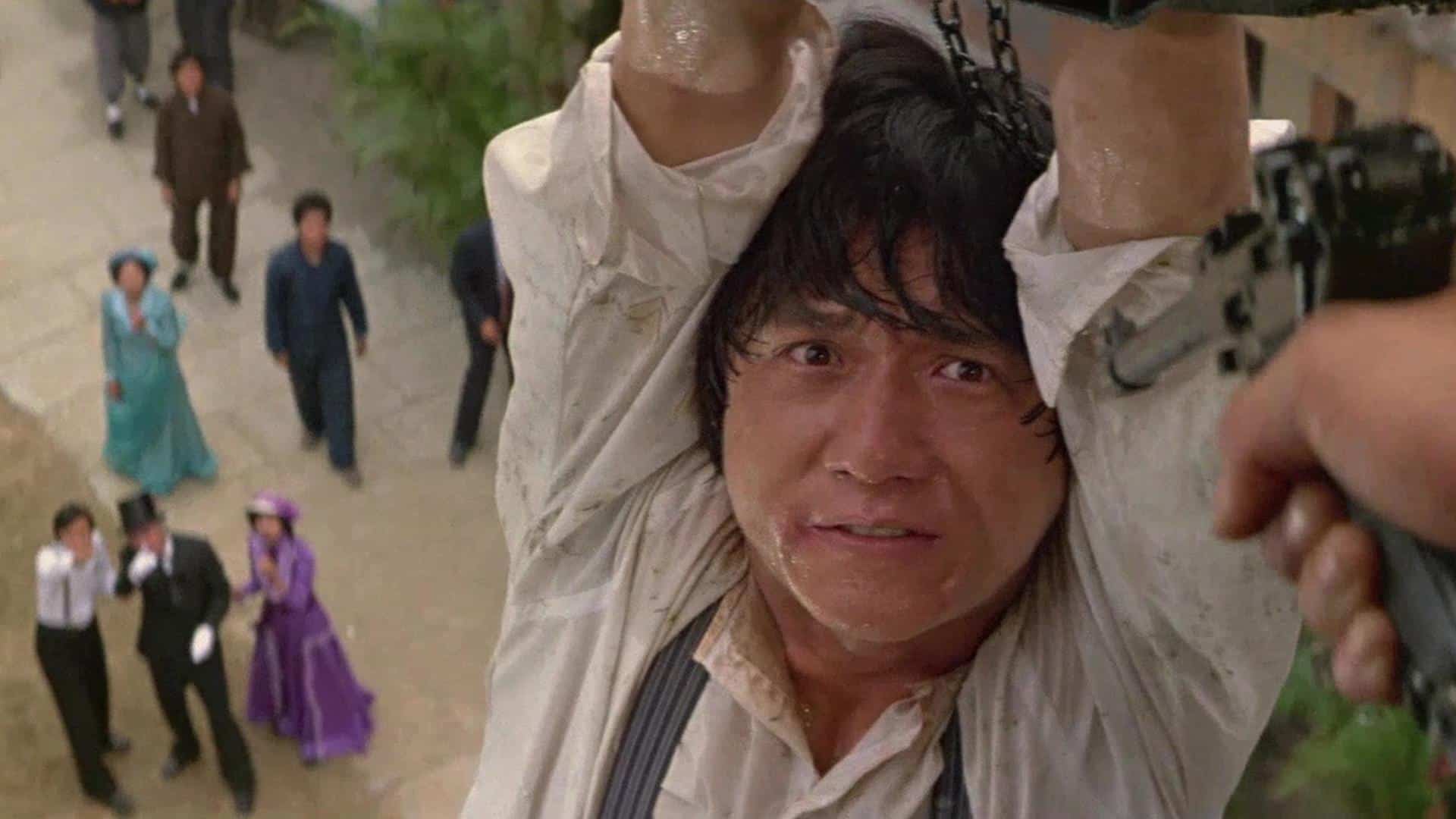
Every action scene in “Project A” is sublime; the initial scene in the restaurant and the fight between the coast guard and the police, the one in the private club, the unrelenting chases through the streets of Hong Kong and the final battle are sequences worth watching again and again. Chan exhibited his best performance within the excellent action choreography by The Jackie Chan Stunt Team. Furthermore, the choreography, along Peter Cheung's editing and Siu-Tin Lai and Nicholas Rivera's music induces the film with an outstanding, non-stop rhythm, which presents and accompanies Jackie Chan's shenanigans in the best way.
Tatsumi (2011) by Eric Khoo
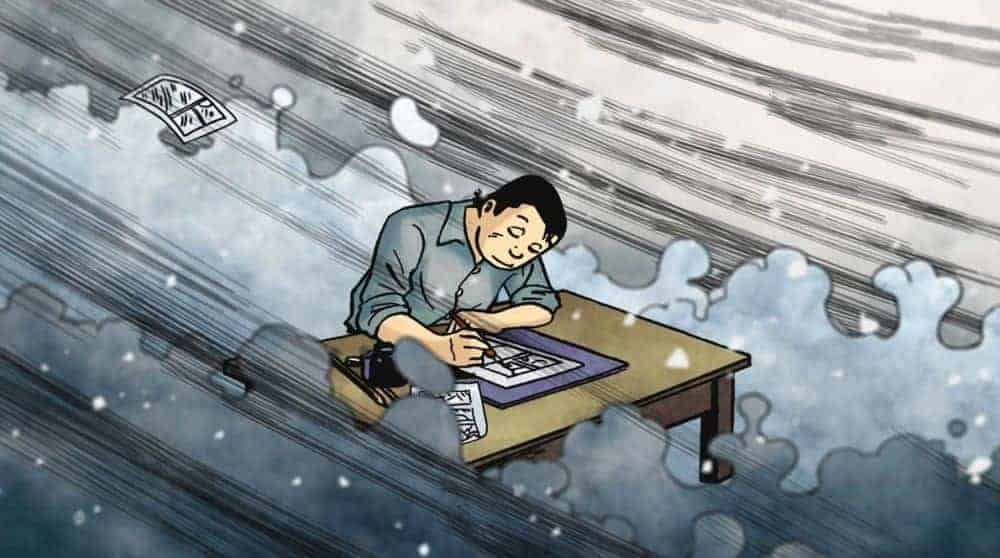
Artists, rarely do any group inspire so many opinions and emotions. Some deride them as charlatans living in a fantasy world while some are in awe of their creative prowess. They come across as living Bohemian lives. Too often have movies been made to show them as mythical and misunderstood creatures. I felt disappointed with these movies since they celebrated the artist but never quite celebrated their art. There was an element of fetishism in it. “Tatsumi”, released in 2011 and directed by Erich Khoo does not fall into this trap. It is based on the manga memoir, “A Drifting Life”, by Japanese manga artist, Yoshihiro Tatsumi. Most of us are aware of what manga are. They are comic books usually aimed at teenagers or younger. Gekiga is an alternative style of manga which is aimed at adults. Yoshihiro Tatsumi is the Tao of gekiga.


